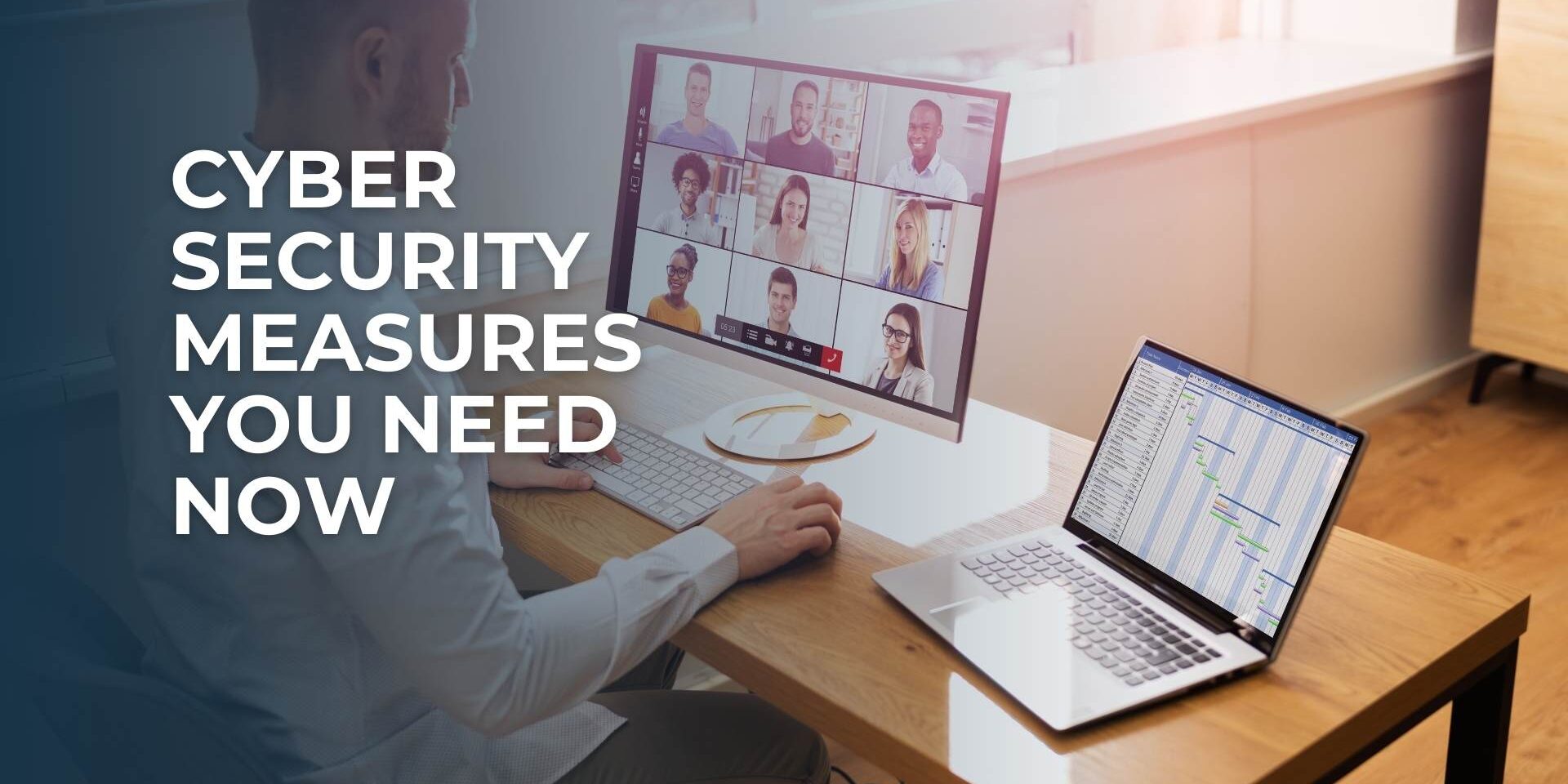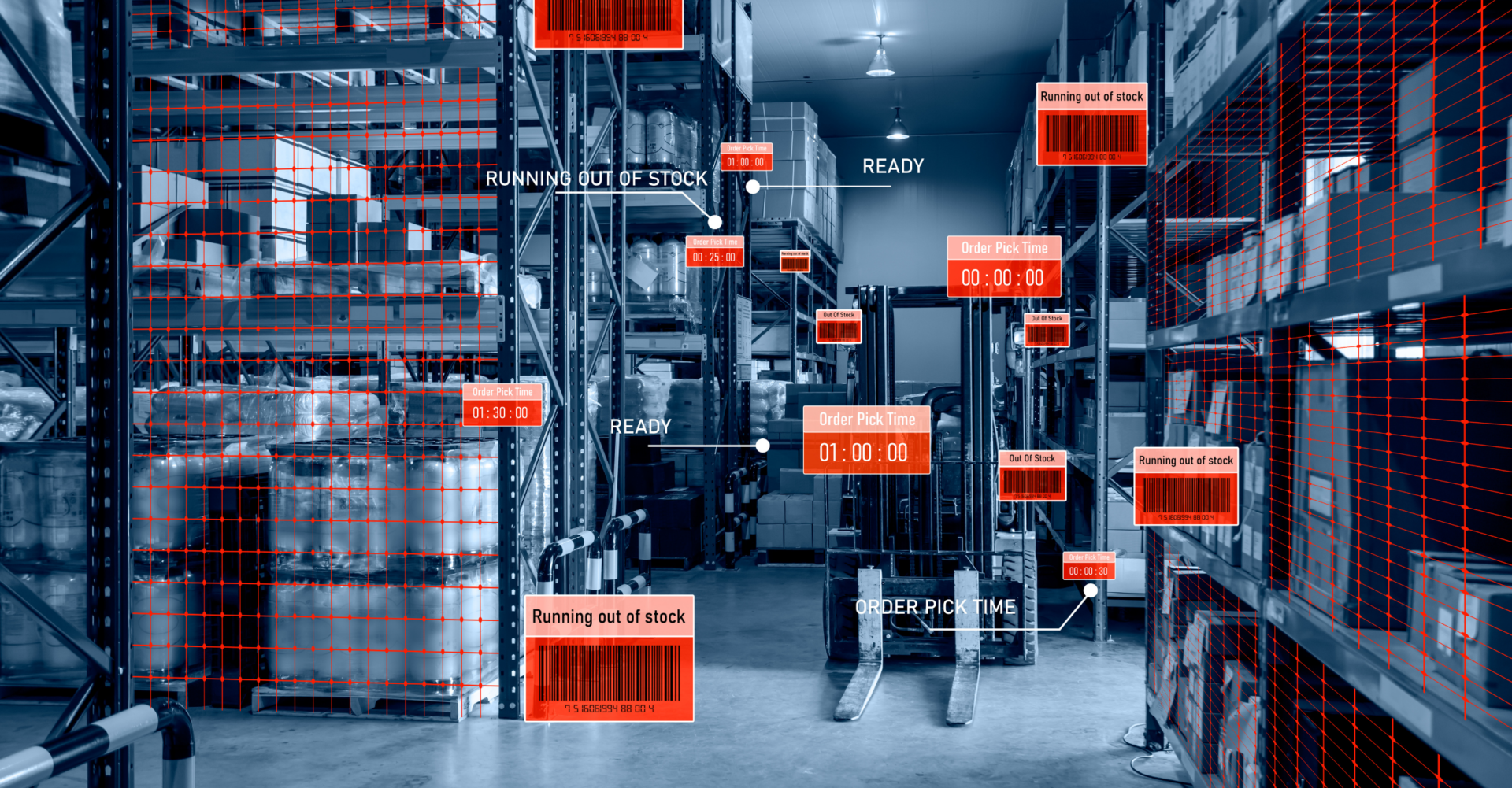
Cyber Security Measures
Each business has a responsibility to ensure the safety and security of data relating to clients and employees. Whether it’s trade secrets, sensitive documents, or payroll information, cybersecurity measures should always be taken to promote data integrity and ensure best-practice solutions. Digital security covers a lot of ground, from compliance and training to specific protection mechanisms and response plans. Let’s take a look at four essential cybersecurity measures you should be following as part of your business.
Ensure security steps for business compliance
Data security is an important part of regulatory and industry compliance. Depending on your industry sector and jurisdiction, compliance can involve a wide range of standards, regulations, and laws. These rules are always adapting to the challenges of the modern world, with businesses needing to stay on top of specific regulations relevant to their industry sector. It’s important to ensure specific security steps as part of your compliance process. Many businesses choose to work with third-party security providers and managed IT services to ensure a robust security stance.
From authentication standards and privacy issues to key controls such as privileged access and segregation of duties, many cybersecurity issues need to be addressed as part of your compliance framework. From reviewing current vulnerabilities and threats to managing confidential information and assessing risks, cybersecurity is an essential component of business compliance.
Train staff to be aware of possible security breaches
Security breaches can happen in many ways, with an educated and trained workforce needed to recognize and deal with threats as they occur. While setting up a robust network and promoting efficient business processes is also important, your staff is an essential piece of the puzzle. According to the SolarWinds Federal Cybersecurity Survey Report from 2019, untrained or careless insiders are responsible for 56 percent of all security threats.
There are lots of threats to be aware of, from phishing attempts and authentication hacks to ransomware and identity theft. Phishing is a big issue at the moment; these attacks are usually a front for malicious actions such as man-in-the-middle attacks, brute force attacks, and cross-site scripting attacks. Employees can be trained in many ways, with ongoing security awareness training and testing being a great way to strengthen your defenses.
Ensure protection of devices and infrastructure
It’s important to ensure the protection of your technology, as well as training your staff. The architecture and processes that define your network need to be secured, as do the computers and devices that access this infrastructure.
In 2022, surveys found that 57 percent of cyberattack victims said their breaches could have been prevented by installing an available patch. There are many ways to stay safe, with on-site solutions needed alongside cloud-based security services.
• Old technology can be a big problem, so it’s important to ensure your company is regularly installing all software and hardware updates.
• Data encryption is an important way to ensure the security of sensitive data if a physical or virtual break-in occurs.• Using complex passwords and multi-factor authentication can help to eliminate identity and data theft.
Develop a first response plan
Robust security is not a one-time process, with early adoption needed alongside continuous solutions and response plans. While you should do everything you can to avoid a security breach, you also need to be prepared if something happens. Backing up your data is a good first step, with a first response plan also needed to manage the immediate aftermath of an attack. Working with a managed IT service team is a proven solution: You’ll benefit from experience and expertise, which is critical for something as essential as cybersecurity.
Share the IT Brain Power
More from the BECA Blog



